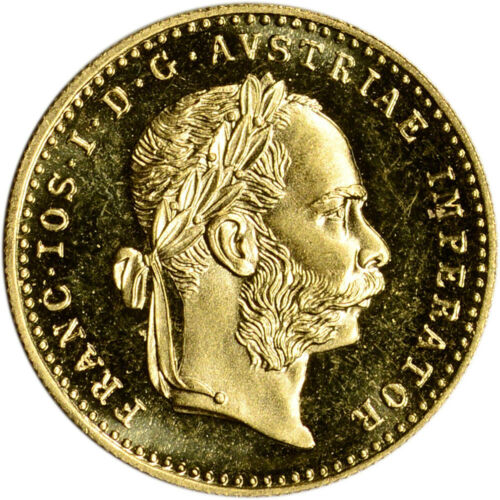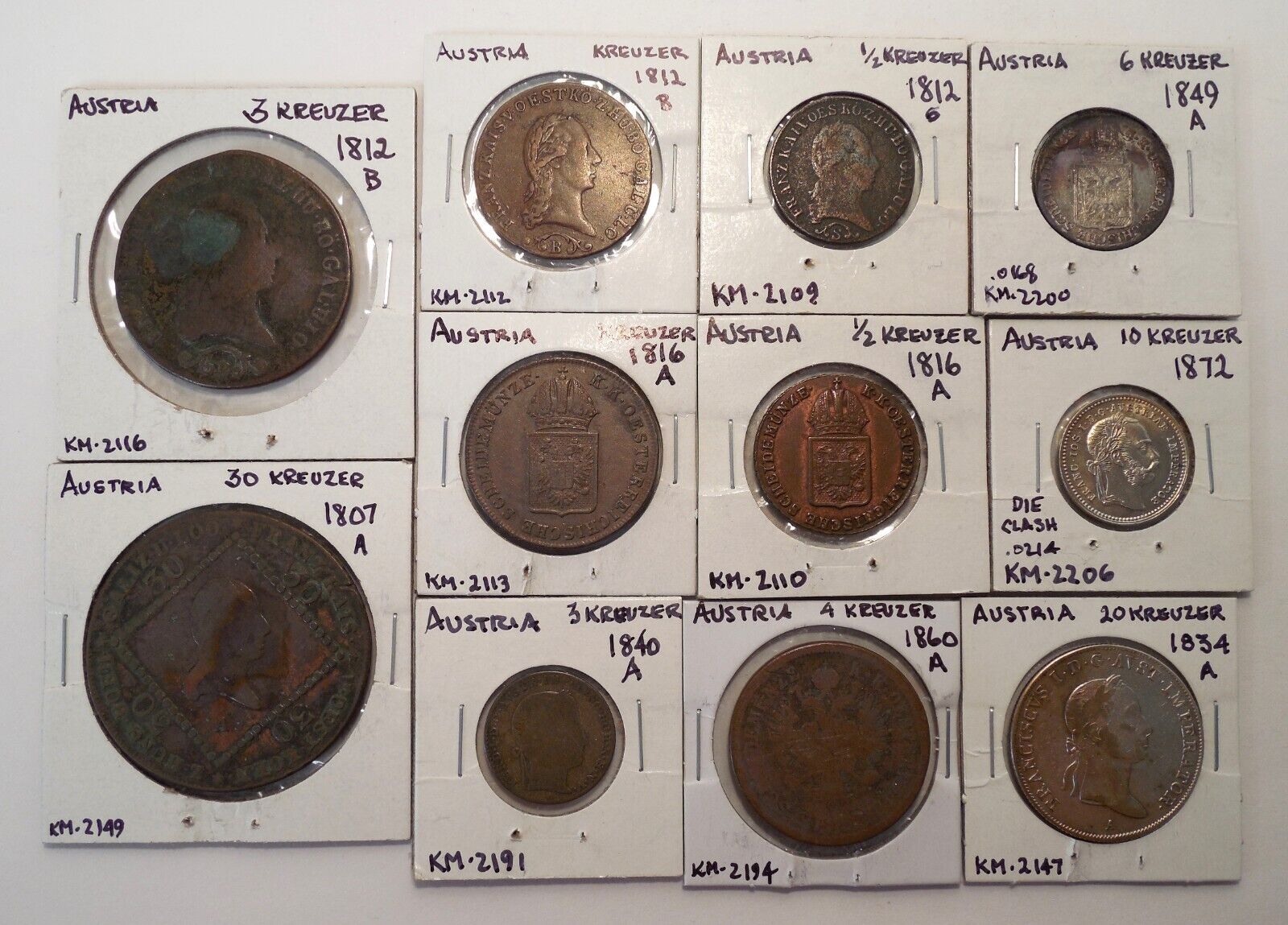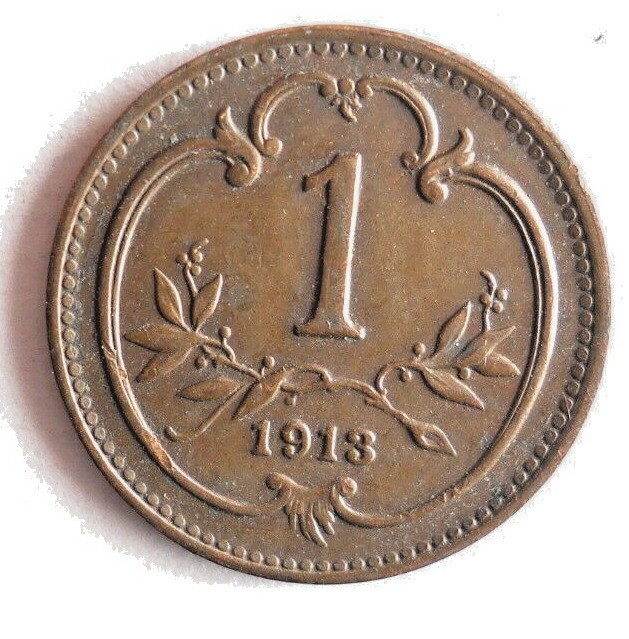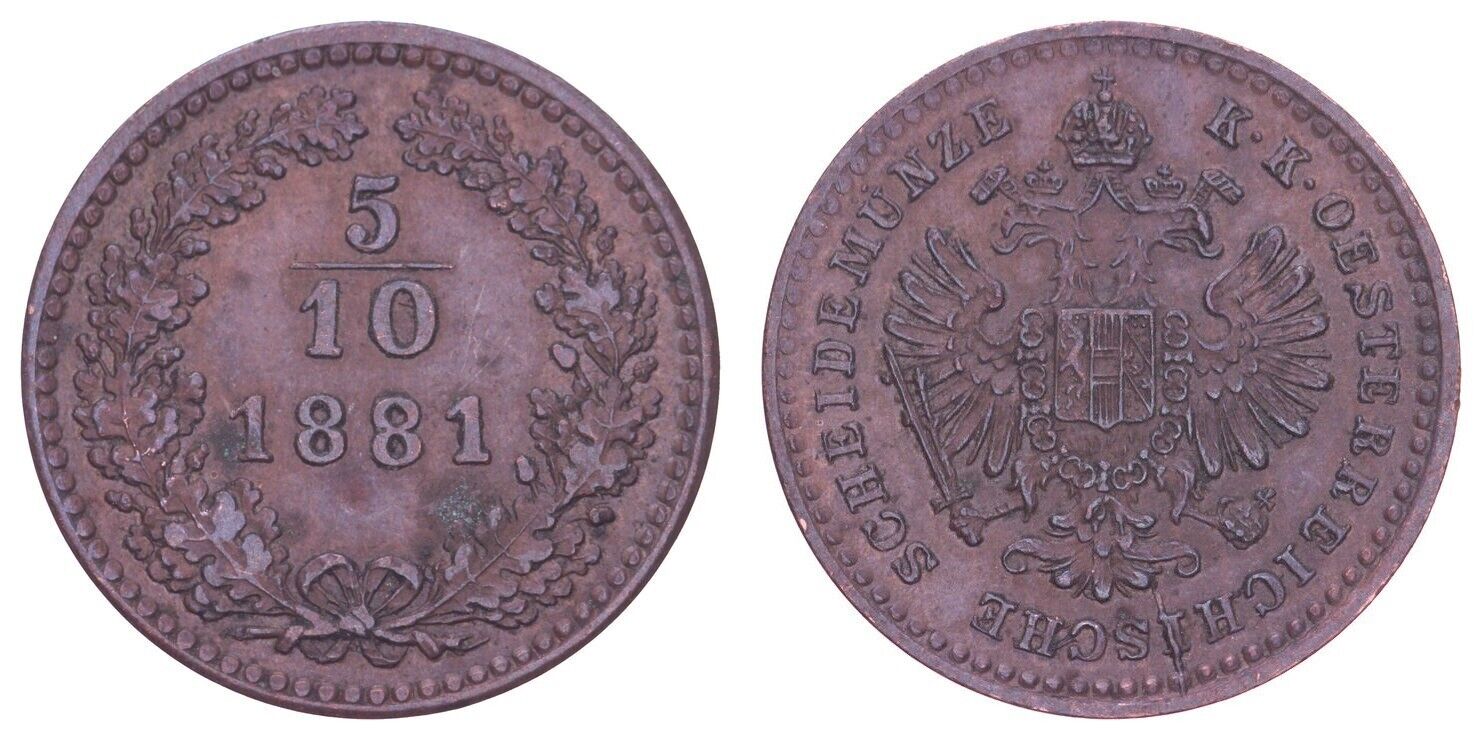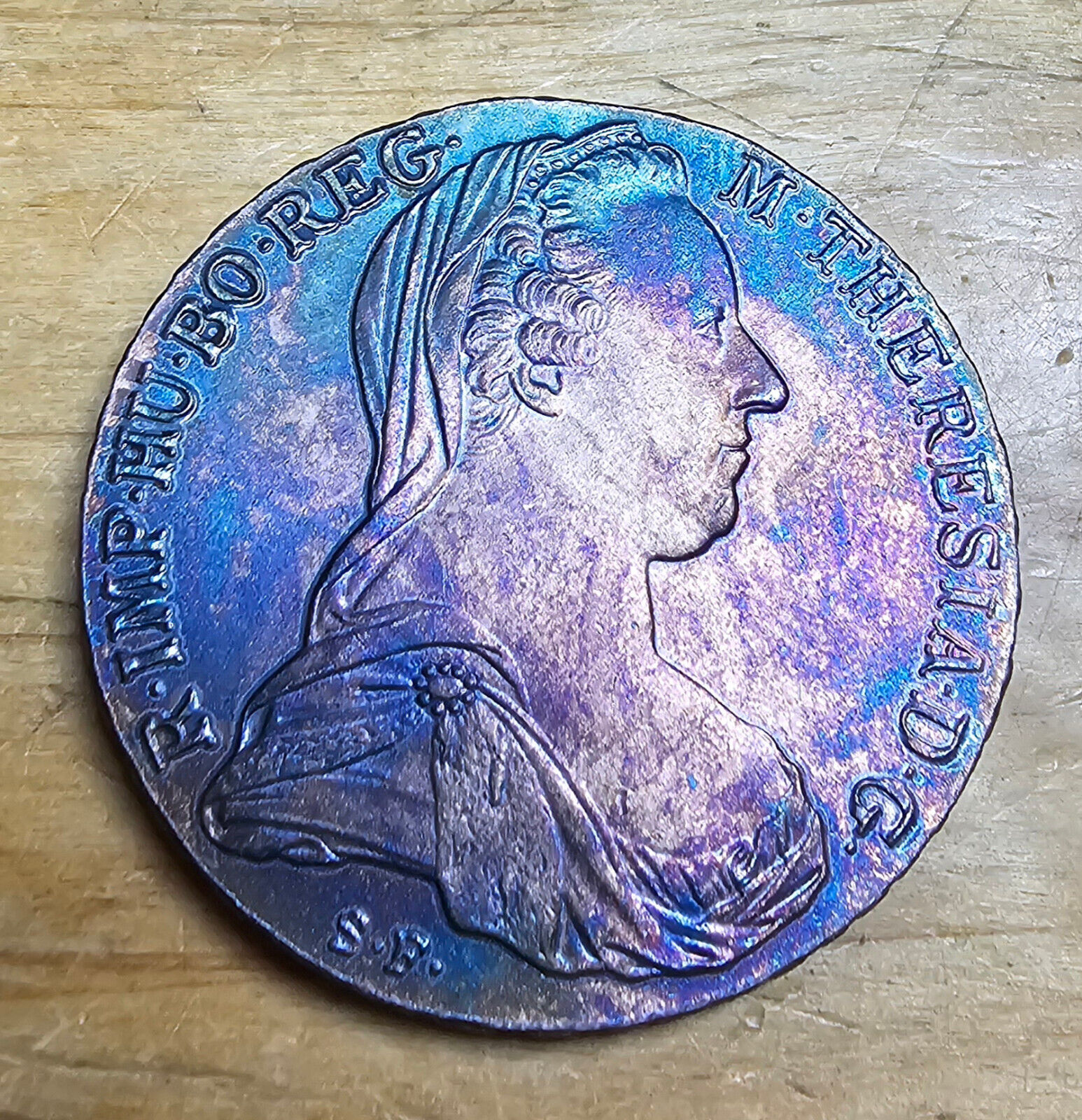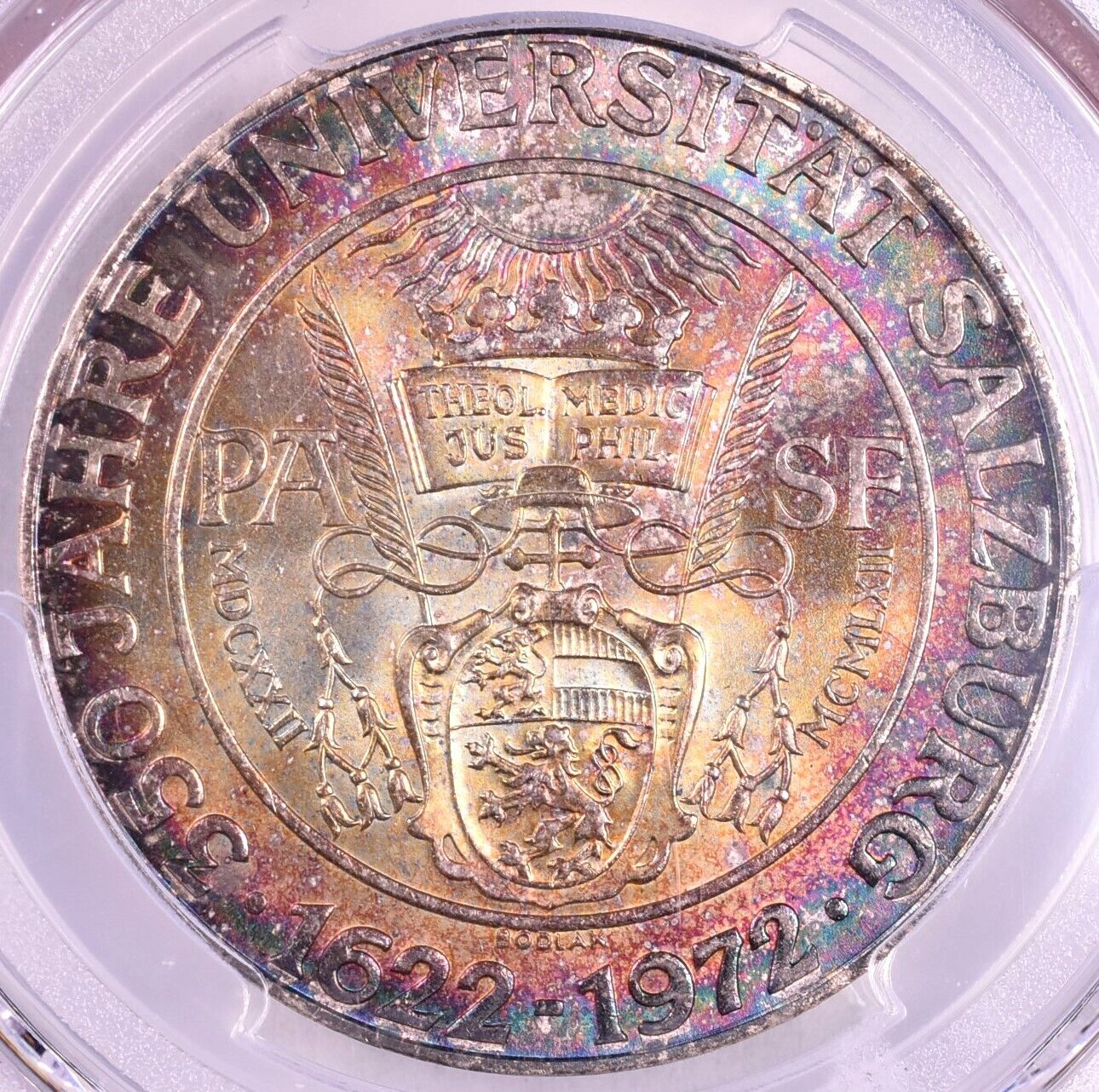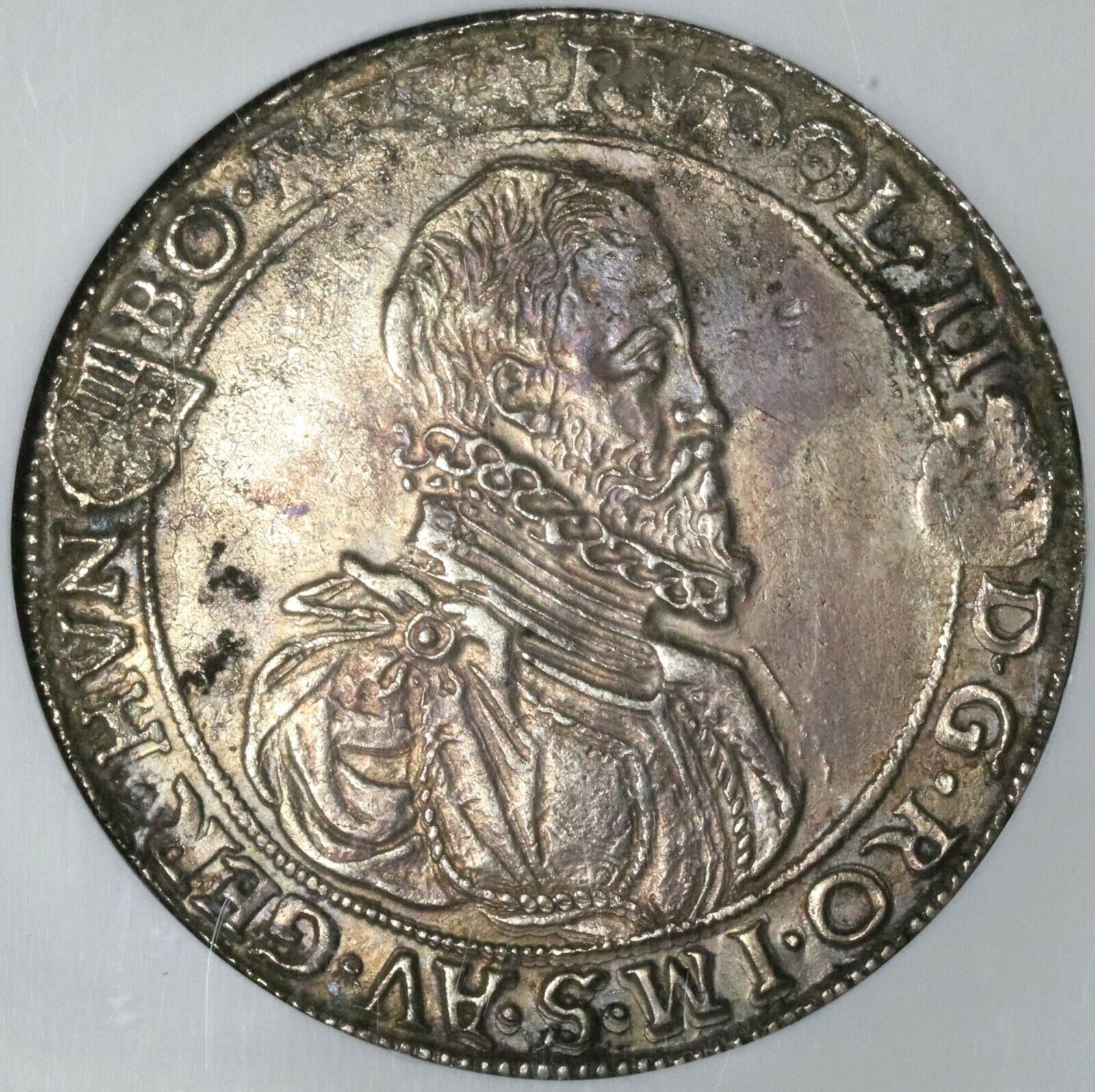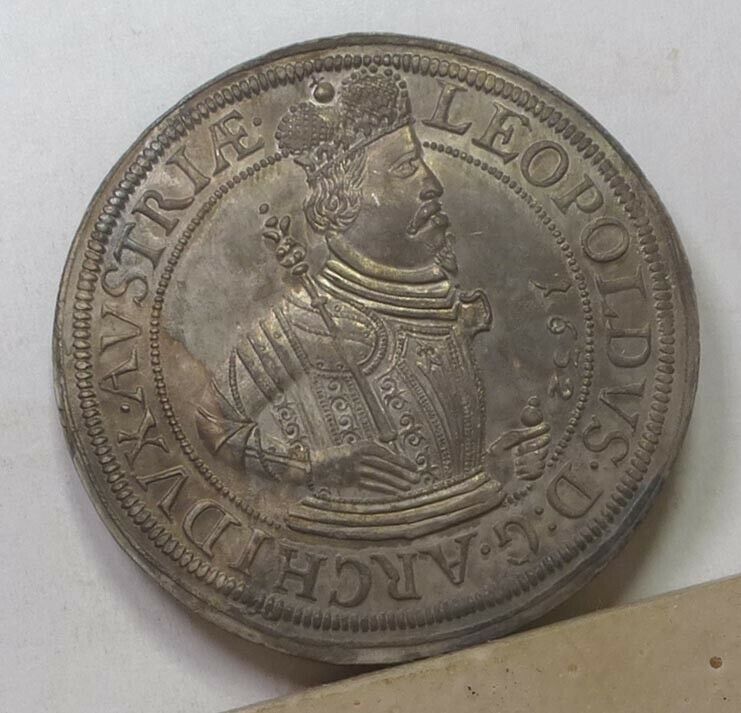-40%
1759, Austria, Francis I Stephen. Copper Pfennig Coin. Top Pop! NGC MS-64 BN!
$ 152.59
- Description
- Size Guide
Description
1759, Austria, Francis I Stephen. Copper Pfennig Coin. Top Pop! NGC MS-64 BN!Mint Year: 1759
References: KM-2001.
Denomination: Pfennig
Mint Place: Vienna (W-I)
Condition:
Certified and graded by NGC as MS-64 BN!
Weight: ca. 2.5gm
Material: Copper
Diameter: 20mm
Obverse:
Laureate bust of Emperor Francis Stephen right.
Legend: FRANC . D . G . R . I . S . A . GE . I . REX .
Reverse:
Crowned and garlanded coat-of-arms with a heart-shaped frame containing value (1) below. Date (17-59) and mint initial (W-I) split in fields.
Authenticity unconditionally guaraneed.
Bid with confidence!
Francis I
(Francis Stephen;
8 December 1708
–
18 August 1765
) was Holy Roman Emperor and Grand Duke of Tuscany, though his wife effectively executed the real power of those positions. With his wife, Maria Theresa, he was the founder of the Habsburg-Lorraine dynasty.
On
12 February 1736
Francis and Maria Theresa were married, and they went for a short time to Florence, when he succeeded to the grand duchy on the death of Gian Gastone de' Medici, the last of the ruling house of Medici. His wife secured in the Treaty of Füssen his election to the Empire on
13 September 1745
, in succession to Charles VII, and she made him co-regent of her hereditary dominions.
Francis was well content to leave the wielding of power to his able wife. He had a natural fund of good sense and some business capacity and was a useful assistant to Maria Theresa in the laborious task of governing the complicated Austrian dominions, but his functions appear to have been primarily secretarial. He also took a great interest in the natural sciences. He was a member of the Freemasons.
Francis was quite the philanderer and was known for his many indiscreet affairs, notably one with Princess Auersperg, who was thirty years his junior. This particular affair has been remarked upon the letters and journals of visitors to the court and his children.
He died suddenly in his carriage while returning from the opera at Innsbruck on
18 August 1765
. He is buried in tomb number 55 in the Imperial Crypt in Vienna.
Maria Theresa and Francis I had sixteen children--their youngest daughter was the future queen consort of France, Marie Antoinette (1755-1793). He was officially succeeded by his eldest son Joseph II although the real power remained with his wife. Another son was the Emperor Leopold II.
Only 1$ shipping on each additional item purchased!



